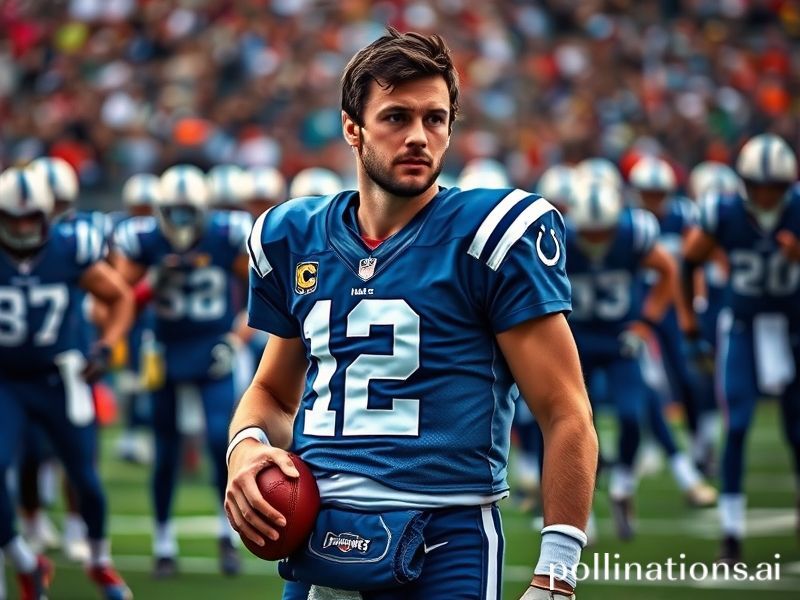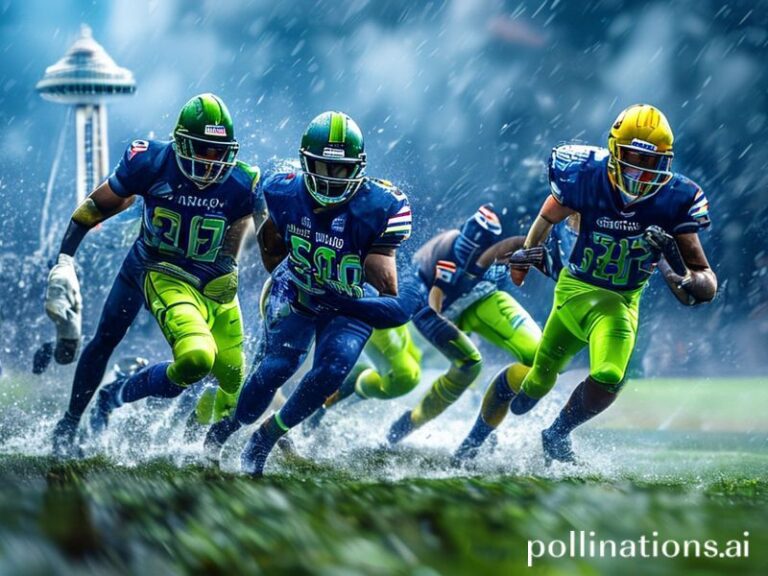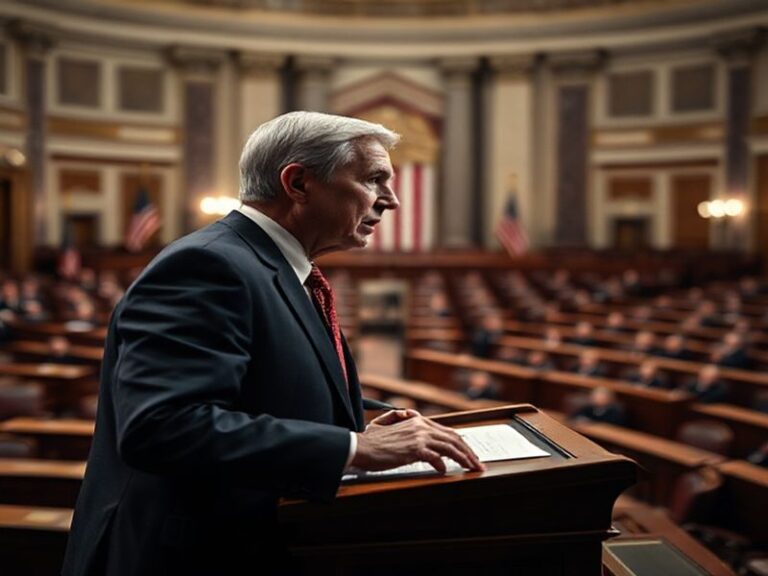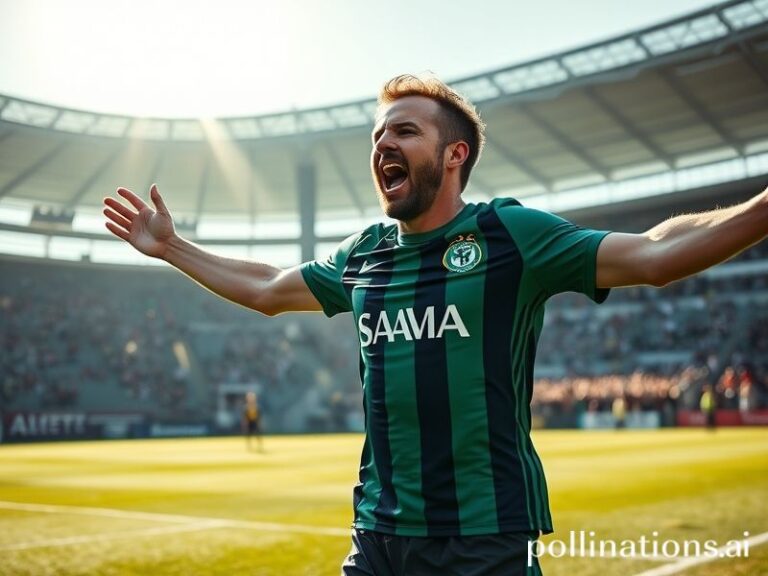From Football to Fame: The Cultural Phenomenon of Andrew Luck
**From Gridiron to Global: Why Andrew Luck is Trending Beyond the End Zones**
Alright, folks, gather ’round. We’re diving into the whirlwind that is Andrew Luck, the retired NFL quarterback who’s been making waves far beyond the football field. You might be thinking, “But Dave, he retired ages ago!” Well, buckle up, because this isn’t just about touchdowns and tackles—it’s about a cultural phenomenon that’s got the internet buzzing.
**The Comeback Kid Who Didn’t Come Back**
Andrew Luck, the former Indianapolis Colts quarterback, was the golden boy of the NFL. Drafted first overall in 2012, he was the epitome of a franchise savior. But in 2019, he shocked the sports world by announcing his retirement at the peak of his career, citing chronic injuries and a desire to live a “long, happy, healthy life.” Cue the collective gasp of sports fans worldwide.
But why is he trending now, years after his retirement? Well, it’s not just about his past glory. It’s about his recent foray into the world of broadcasting. Luck has been making waves as a studio analyst for ESPN’s “Monday Night Football” and his work on the network’s “NFL Live” and “SportsCenter.” His witty commentary, sharp insights, and undeniable charisma have made him a fan favorite, proving that he’s got more than just a strong arm—he’s got a sharp mind and a silver tongue.
**The Cultural Context: From Football to Pop Culture**
Luck’s transition from the field to the booth isn’t just a career change; it’s a cultural shift. In an era where athletes are increasingly stepping into the spotlight beyond their sports, Luck is a prime example of how to do it right. He’s not just a retired athlete cashing in on his fame—he’s a legitimate broadcaster, bringing a fresh perspective to sports coverage.
Moreover, Luck’s openness about his mental health struggles has resonated with a generation that’s increasingly prioritizing well-being over fame and fortune. His decision to retire, despite being at the top of his game, sparked a global conversation about the pressures of professional sports and the importance of mental health.
**The Social Impact: A Role Model for the Modern Athlete**
Luck’s influence extends beyond the world of sports. His authenticity and vulnerability have made him a role model for young athletes and fans alike. In a world where social media often portrays a picture-perfect life, Luck’s honesty about his struggles has been a breath of fresh air.
His impact is also seen in the way he’s redefining what it means to be a sports broadcaster. With his engaging personality and insightful commentary, he’s attracting a new demographic to sports coverage—one that values substance over spectacle.
**Why This Topic is Significant**
So, why should you care about Andrew Luck’s trending status? Because it’s not just about football. It’s about the evolution of sports culture, the importance of mental health, and the power of authenticity in an age of curated perfection. It’s about seeing an athlete not just as a performer, but as a person—with struggles, triumphs, and a life beyond the game.
In conclusion, Andrew Luck’s trending status is a testament to his enduring appeal and the cultural shift he represents. From the gridiron to the global stage, he’s proving that retirement is just the beginning. And as the internet continues to buzz about him, one thing is clear: Andrew Luck is more than just a retired quarterback—he’s a cultural icon.







